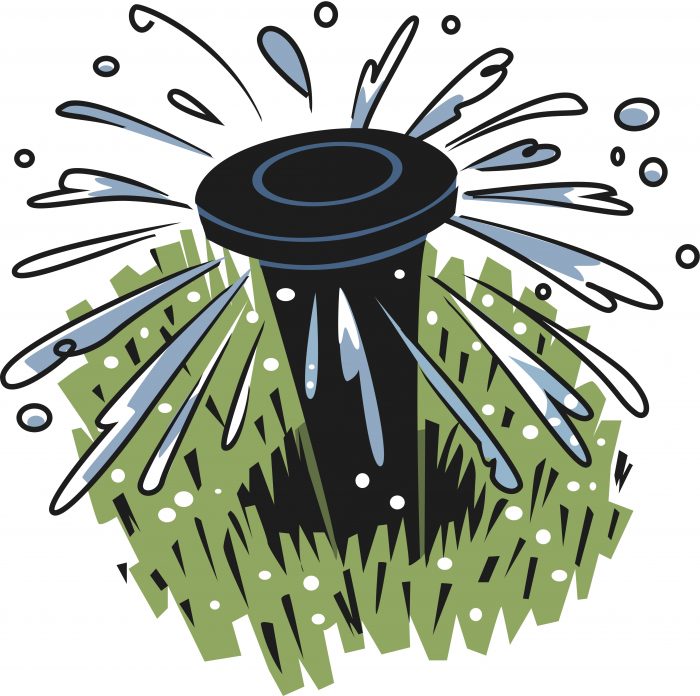Making Democracy Work: How can we manage our waters?
By Nancy Marr
Long Island is the largest community in New York State without comprehensive, professional water management and oversight. But there is good news! The New York State budget in 2023 has authorized the creation of a water management agency by Suffolk County; it must be approved by the voters in November.
Long Island’s water supply, the groundwater stored beneath Long Island in three aquifers, is limited. Moreover, unlike oil or natural gas deposits, water is the only resource we extract from nature for which there is no substitute.
Today, while water use in many parts of the US is decreasing due to higher prices and the shortage of available water, water use on Long Island continues to grow due to an increasing population, larger homes, in-ground lawn watering systems, and more water-using features in our homes, allowing our water supply to become depleted. It is also polluted by nitrogen; improper waste management from our sewers and septic systems is responsible for 75% of the nitrogen in the water.
Unfortunately, the polluted groundwater harms aquatic life, especially shellfish. High levels of nitrogen increase aquatic plant growth, producing dead zones where the levels of oxygen are so low that aquatic life cannot survive (known as hypoxia). It has reduced our quality of life by closing our beaches, and affects the businesses dependent on fishing, boating, and recreation.
Widespread concern about our waterways and our drinking water has led to action. In 2017, New York State appropriated funds to develop the Long Island Nitrogen Action Plan that assembled data to address common issues and management strategies, relying on local input and involving the many environmental, agricultural, tribal, and academic organizations concerned.
Stony Brook University established the Center for Clean Water Technology, and the NYS DEC initiated the Climate Smart Communities program to encourage municipalities to demonstrate various levels of commitment to climate-smart activities. Suffolk County has worked to transition homes and businesses from conventional septic systems to the new advanced wastewater treatment systems which are designed to remove nitrogen from wastewater before it is discharged to groundwater.
The new legislation will allow Suffolk County to consolidate its 27 sewer districts into one district. (This will not affect sewer districts owned and operated by towns, such as Riverhead and Calverton, or those owned by villages.) There are no county sewer districts in the five East End towns. It is now up to the County Legislature to establish the new countywide wastewater management district by local law and authorize the new district to collect charges, rates, and taxes. The state legislation also approved an additional 1/8 of a cent addition to the county sales tax, which must be approved by the voters in the November elections. The funds can be used for the maintenance of the systems and can make it easier to purchase the new advanced treatment systems.
We need to stop using fertilizer on our lawns, and replace the cesspools and old septic systems responsible for dispersing nitrogen and medical waste into the waters around Long Island. It is recommended that the sewering of homes be increased, but with ways to discharge the effluent on land rather than in the ocean or bays.
A most important corrective action has been seeding the shellfish and oysters that clean the water by filtering the organic particulates. This natural method of restoring the bays and waterways also supports training, the creation of small businesses, and employment.
We know that voluntary actions by Suffolk residents and businesses are important to restore our waters and maintain them, but they are not sufficient. See Governor Hochul’s plan for listening sessions on the Bond Act at https://www.ny.gov/programs/clean-water-clean-air-and-green-jobs-environmental-bond-act and attend the Suffolk County session this summer on Thursday August 24 from 1 to 3 p.m. at the Suffolk Federal Credit Union Arena at Suffolk County Community College in Brentwood to make sure the plans for the water management agency are transparent, detailed, and fair.
Nancy Marr is first vice president of the League of Women Voters of Suffolk County, a nonprofit, nonpartisan organization that encourages the informed and active participation of citizens in government and influences public policy through education and advocacy. For more information, visit www.lwv-suffolkcounty.org or call 631-862-6860.







